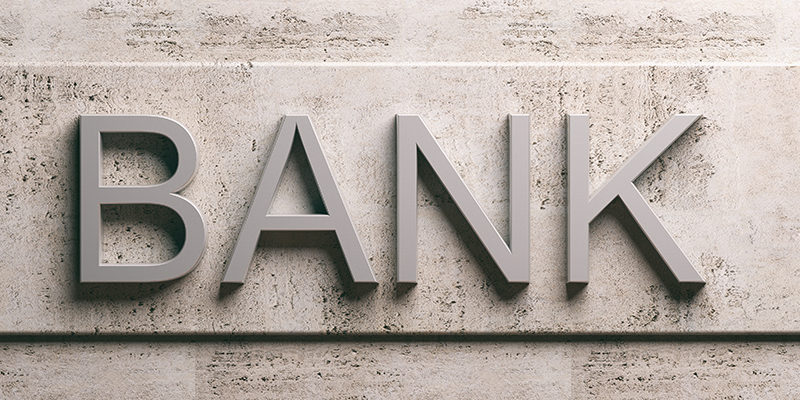The banker’s right to combine different accounts of a person against the debt it holds against the same person is called the right to set off. The right of set-off is available to the bank only when the money owed to the bank is a certain sum, which should be due at the time of set-off and there shall not be an agreement, express or implied to the contrary.
The contract between the banker and the borrower is a contract between the debtor and the creditor. The contract implies that the borrower promised to repay the money borrowed by him. Right of set-off is the right of the bank to combine the two accounts of the same person where one account is in credit balance and the other account is in a debit balance in order to cover a loan default. For example, a customer’s current account shows an overdraft of Rs.10000, and his SB account has a credit balance of Rs.5000/-. In case the customer didn’t regularise the overdraft account within the promised date, the bank may use the right of set-off and transfer the credit balance to the current account and demand the customer to adjust the remaining outstanding in the current account. Do note that the banker can exercise the right of set-off only when the money owed to him is a sum certain, which is due, and where there is no agreement, express or implied to the contrary.
Some important requirements to initiate set-off are;
All the funds must prima facie belong to the customer.
When debt amounts are certain.
When the debts are in the same rights.
There is no contract expressed or implied in contrast.
Conclusion:
The customer may authorise the bank to operate his account by a certain named person by way of mandate and power of attorney. Similarly, the Banks are conferred with the right to retention of goods or security (such as cheques, bills of exchange, deposits, etc.) By way of general lien until some claim attaching to it, is satisfied or discharged. The lien extends to all such documents under which money will or may be payable to the customer. Further, the banker has the right of appropriation and right of set-off when the money owed to the bank is a certain sum, which should be due at the time of set-off and there shall not be an agreement, express or implied to the contrary.
To know them in detail read the following articles.







can a Bank exercise right to set-off in the following way.
a) debit unutilised limit of an OD account which is already in debit to set-off a debt.
b) The amount has been debited without raising a demand and without intimating about the intention.
c) The loan turned NPA because of incorrect opening of the account in the system by the bank and giving a wrong end of term.
d) Because of system issue the housing loan arrear was not detected and the account was stamped as NPA without any intimation.
e) The EMI was not revised by the Bank nor intimated. The term which was almost reduced by three years and the Bank says the system does not allow to amend now. This is the case of a reputed Bank. Kindly comment
By allowing debit in OD account (unutilized limit) the total liability of the borrower does not change. However, if the earlier outstanding is getting time-barred, the bank may ask the borrower to withdraw money from OD account and adjust the amount to liquidate earlier outstanding of another account. The borrower cannot be punished for bank’s own (system) problems. In case the amount is really overdue as per sanction terms, the borrower cannot claim that he has not received demand notice from the bank, and therefore not repaid the installments according to the sanction.
Hello Mr. Naik, we have applied for moratorium 2.0 as allowed by RBI. There is no single default on our business loan before COVID-19. The HDFC Bank Ltd. Kept our moratorium 2.0 application on hold for no reason and now stating that they have invoked right to set off and debiting our current account where the balance has slipped into negative. The bank never intimated us that it is invoking right to set off. Despite several follow ups and reminders, the bank replied to our query after 47 days. Is this fair?
The Statement on Developmental and Regulatory Policies of RBI dated May 22, 2020, states that “In view of the extension of the lockdown and continuing disruptions on account of COVID-19, it has been decided to permit lending institutions to extend the moratorium on term loan installments by another three months, i.e., from June 1, 2020, to August 31, 2020. Accordingly, the repayment schedule and all subsequent due dates, as also the tenor for such loans, maybe shifted across the board by another three months”.
The statement is silent on allowing fresh moratorium to those borrowers who have not opted for moratorium earlier. You may ask the reason for declining your request, from the bank.
Can Bank lien my “B” bank account as my loan account in “A” bank has bocame NPA
If B bank merges with A bank or A bank merges with B bank then as a single entity they can enforce their right over assets under lien to them.